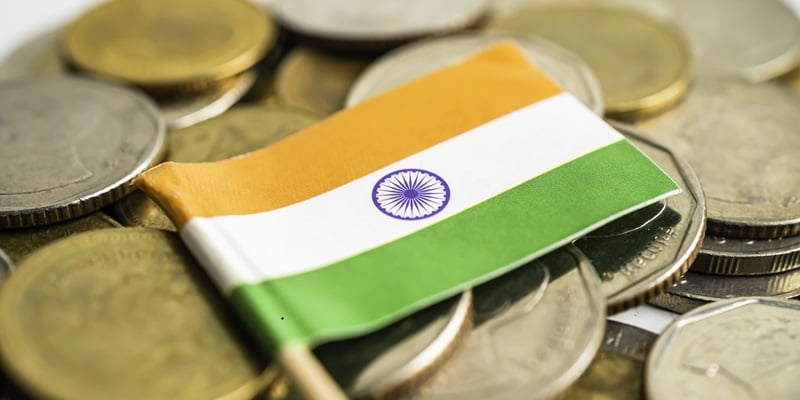
In India, discussing changes to the 28% ‘crazy gambling tax’ levy will need to wait until August as the financial minister has no time! (Image courtesy of Vecteezy)
The saga covering online gambling taxes imposed by the government of India continues as operators fight to reduce the 28% rate.
After anticipation that the rate could be discussed and changes to the tax were hopeful as reported by India Today covering the GST meeting.
I mean, come on, ladies and gents. 28% is ludicrous. Yet, it isn’t the only rate that shows the government’s incomitance to deal with online gambling in the country.
Here’s the crazy part. As any sensible gambling taxation would require, the tax is not 28% on company profits, GGY, or wins.
The government immediately applies what I will dub ‘the crazy gambling tax’ to players’ deposits as soon as they pay the operator.
Some countries have outlandish tax rules, but India’s gambling tax law has the world laughing at them, which, for a country that doesn’t like losing face, is a major kick in the teeth.
Crazy right? I hate to say it, but I am writing this chucking at the incompetence and shaking my head because I can’t imagine who would be mad enough except Kim Jong Un of North Korea, of course. Even at the latest iGB event, there were murmurs from various operators and regulators talking about the ‘crazy gambling tax’ in India, and people just rubbed their heads, wondering what the government official in India thought when it decided on 28% taxes for player deposits was a good idea.
Goods and Services Tax (GST) Council Meeting a Waste of Time
In a meeting last week, operators hoped to have this rule overturned, lowered, or a new type of tax applied to profits, but with no such luck.
These operators have been waiting for the government’s fifty-third GST meeting as this was the perfect stage to discuss the ridiculous online gambling tax issue. However, the financial minister of India said that the topic was not even on the agenda.
The next meeting isn’t for another two months. As such, it seems the government has pushed any chance of private operators possibly having the issue addressed to August.
Even then, there is no guarantee the topic is on the agenda. In the latest meeting, the financial minister dismissed the issue, saying, ‘there wasn’t time’. Although there is a glimmer of hope, as the financial minister said, “We will take them up in the next meeting,” referring to the tax issue.
The level of ego and audacity to even levy such an immoral tax levy on player deposits can only be described as criminal. To say it wasn’t even up for debate is shocking.
Perhaps if one of the financial minister’s family members had lost their job over this or invested in an industry the government is putting on its knees, it would be on the agenda.
When Did ‘The Crazy Gambling Tax’ Come Into Force?
Originally, this tax was 30%. Somehow, 2% Came off, as if that makes it any more reasonable, leaving it at 28% implemented on 1 October 2023.
This is a rise from the original 18%, which was only applied to skill-based games, but the 28% tax increased this by 10%, and where there was no online gambling tax per se, the government also applied 28% to this industry.
You can read Matthew O’Connor’s first report confirming the 28% tax was on its way back on 13 July 2023 – India Online Gambling Tax Levy 28% Announced.
Reading his report version, I see that his title suggests foul play. I tend to agree that some disgruntled member of the government who has too much power has gone to war on online gambling for what is likely a personal reason.
The Negative Impact on People and India’s Gambling Industry
Casino players in India tend to join overseas online casinos that do not tax players on their deposits and have ways of withdrawing without being penalised, especially where crypto deposits and withdrawals are concerned, as these do not show on bank accounts.
There must be billions of rupees heading out of the country due to the ‘crazy gambling tax’. All the country has to do is make the tax more reasonable, and they should see some great results and a thriving industry that creates huge tax revenues for the government and jobs.
The people who passed this law have negatively affected businesses operating in the country, and some large operators have exited India’s online gambling market altogether. BetWay leaving India, a huge online gambling company, should send a loud message to the government, while Flutter is considering exiting if the ‘crazy gambling tax’ does not change.
The result has meant people have lost their jobs in what should be a flourishing industry, considering the size of the population in India. If the conundrum is how to promote responsible gambling, but the solution to avoid the topic is to create this ‘crazy gambling tax’, then the impact is that India’s potentially huge online gambling industry is doomed until someone sensible takes a position in the government and sees sense.
All the online casinos accepting players in India here are considered overseas casinos. Before you sign up, please check the legality of online gambling and tax implications in your state.


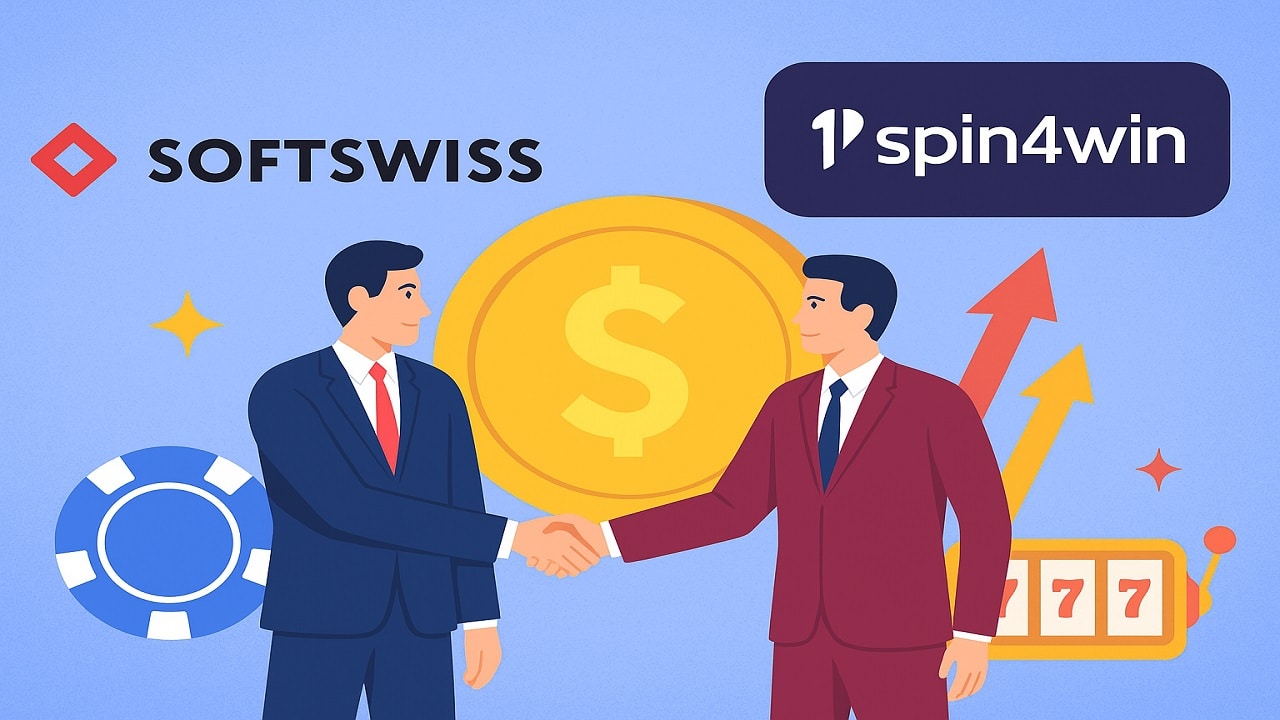


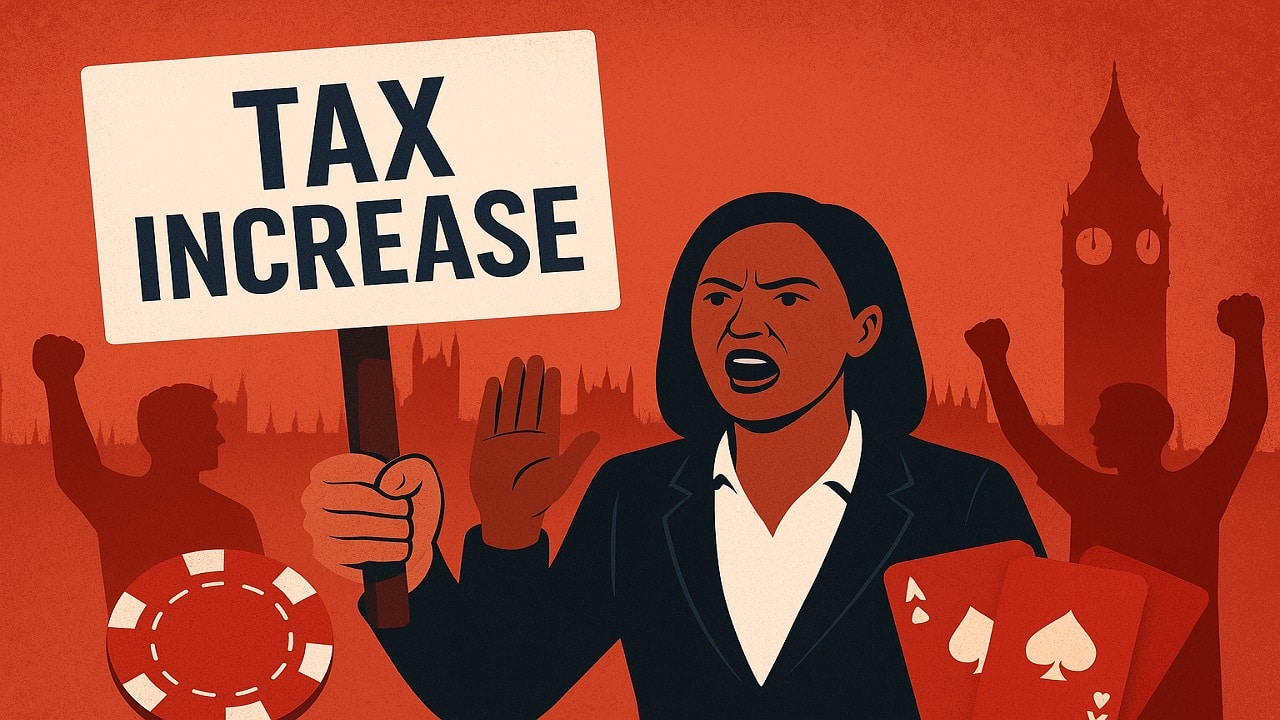
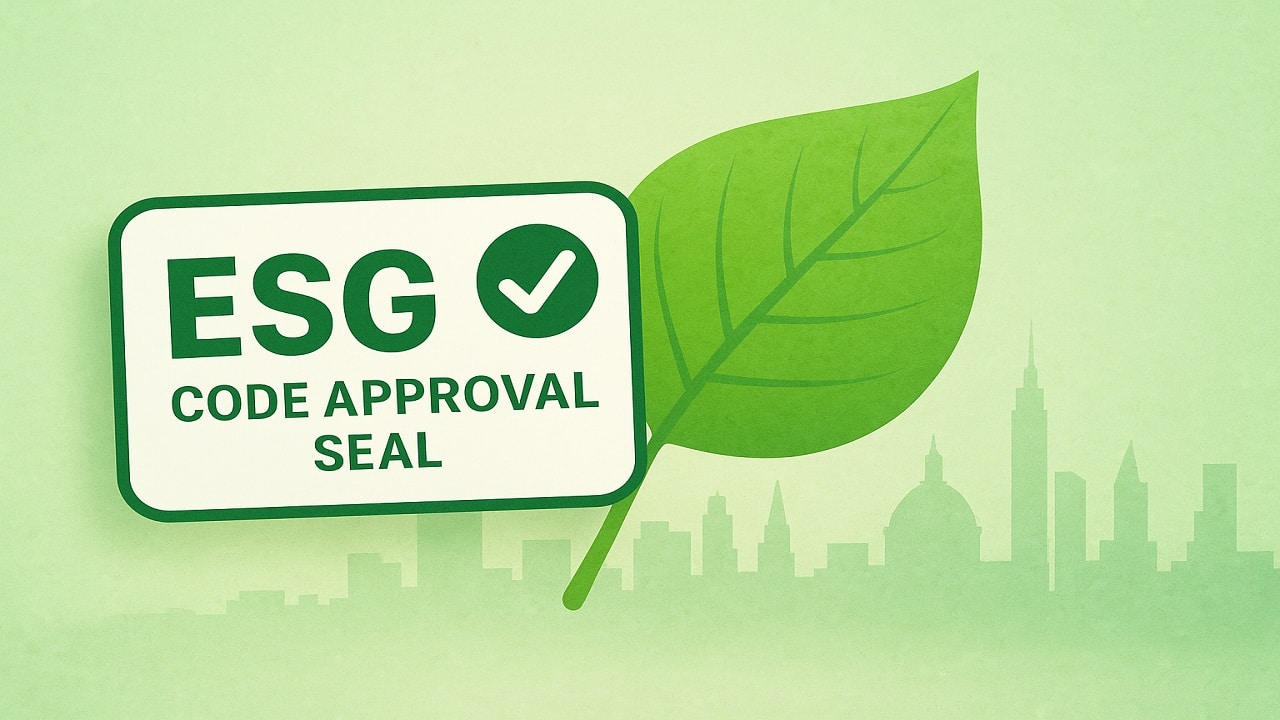
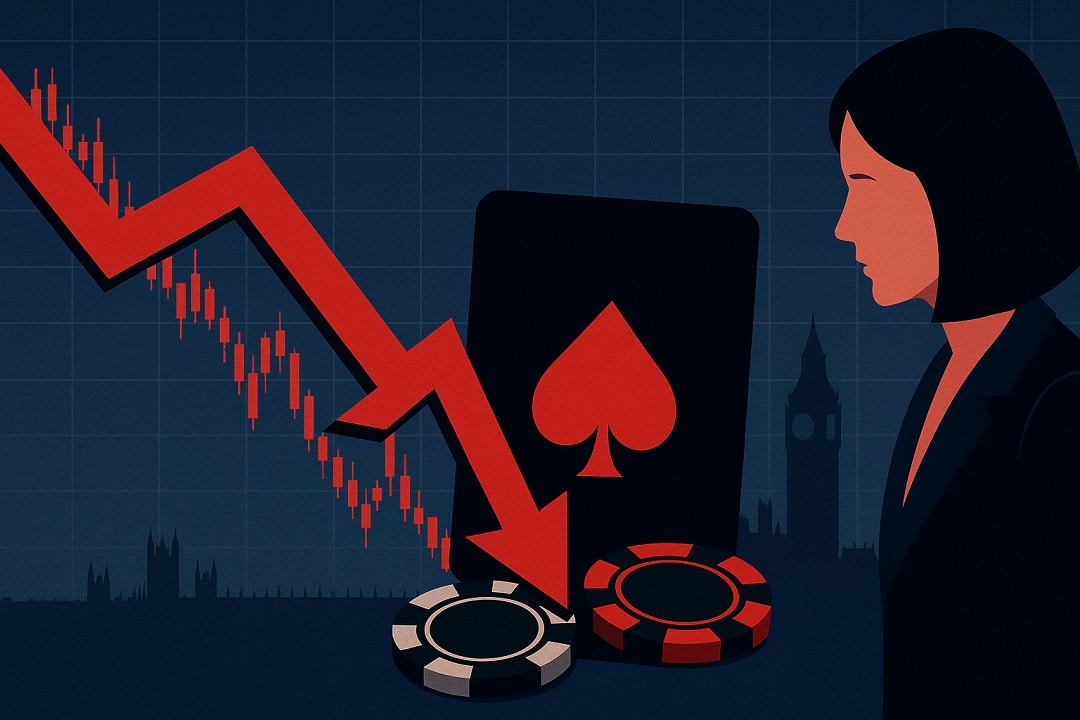




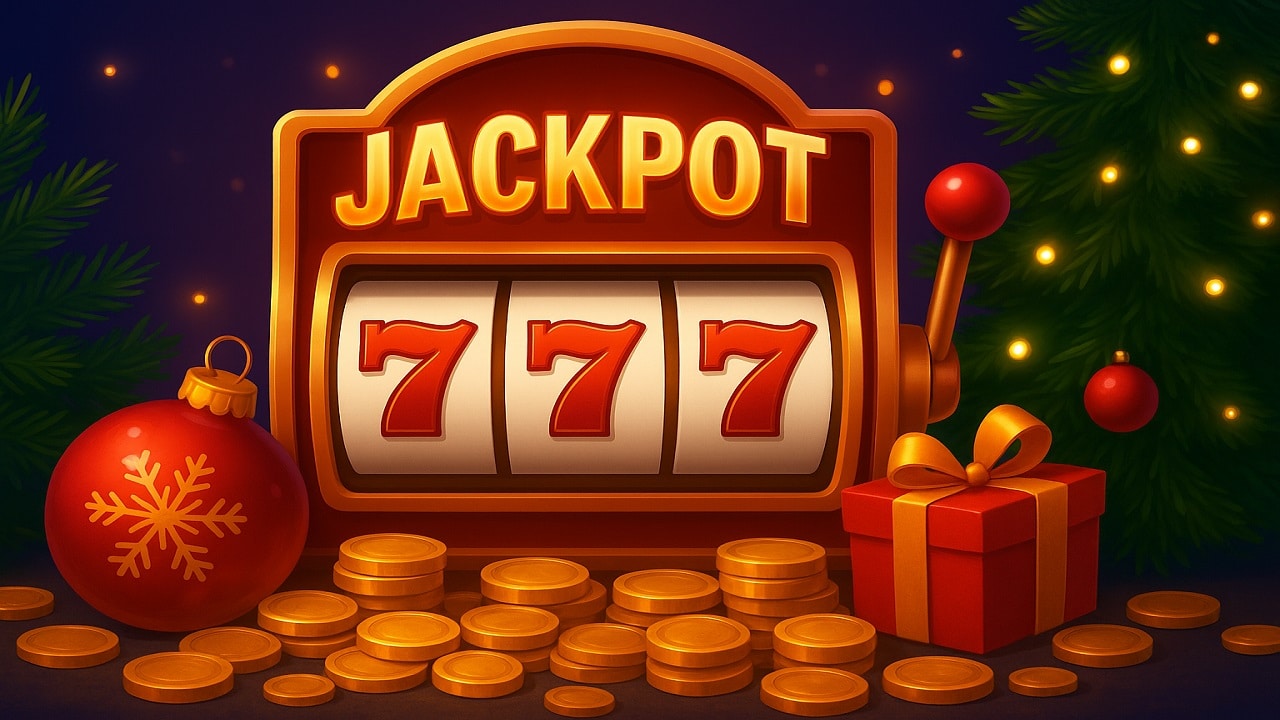

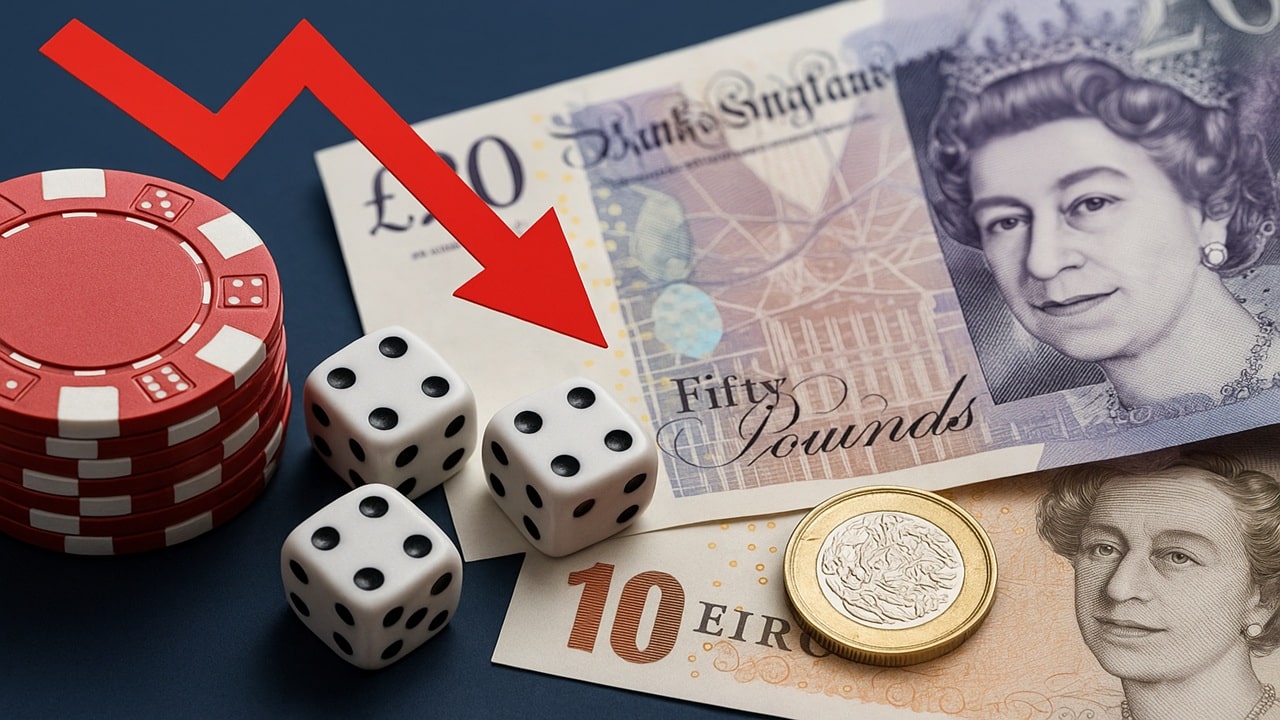

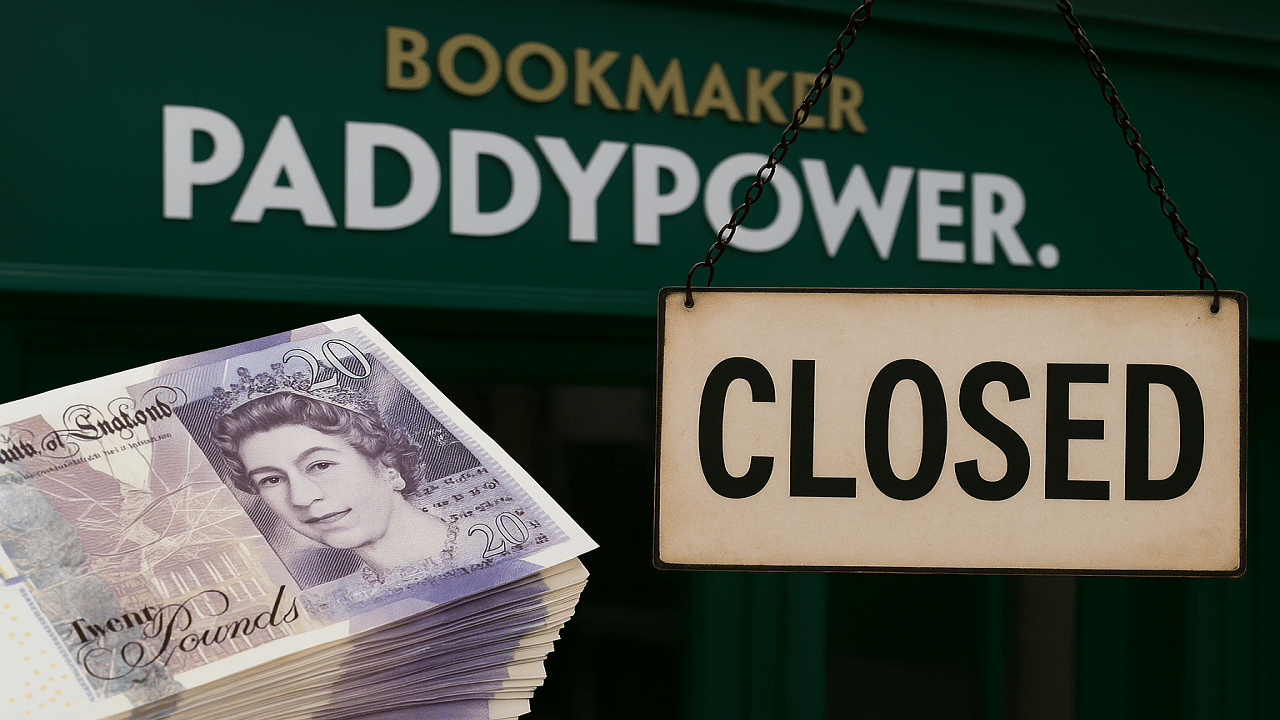
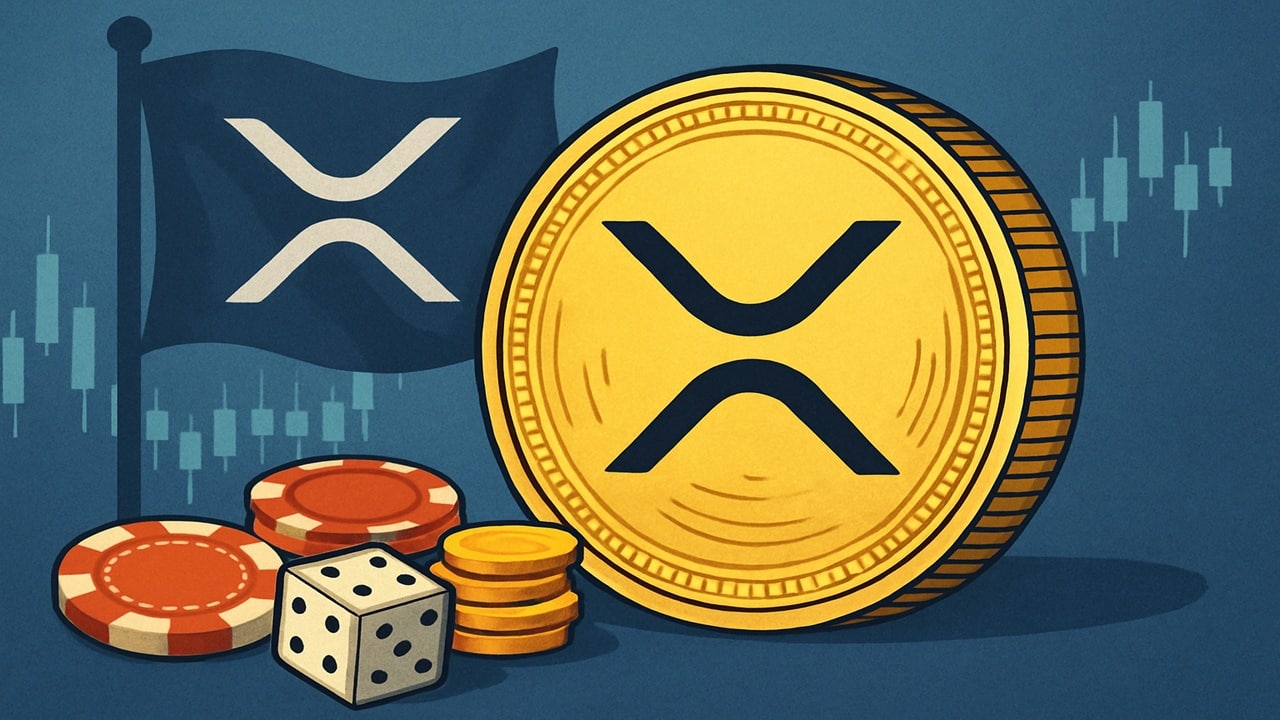



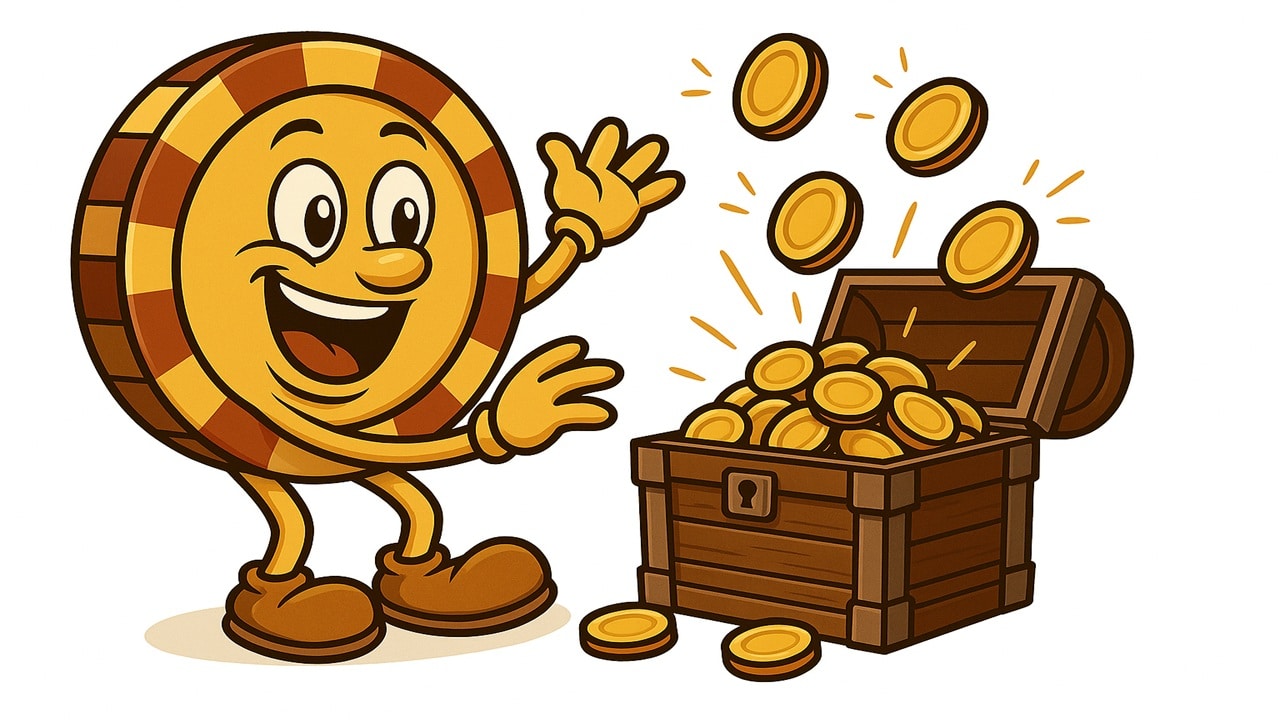

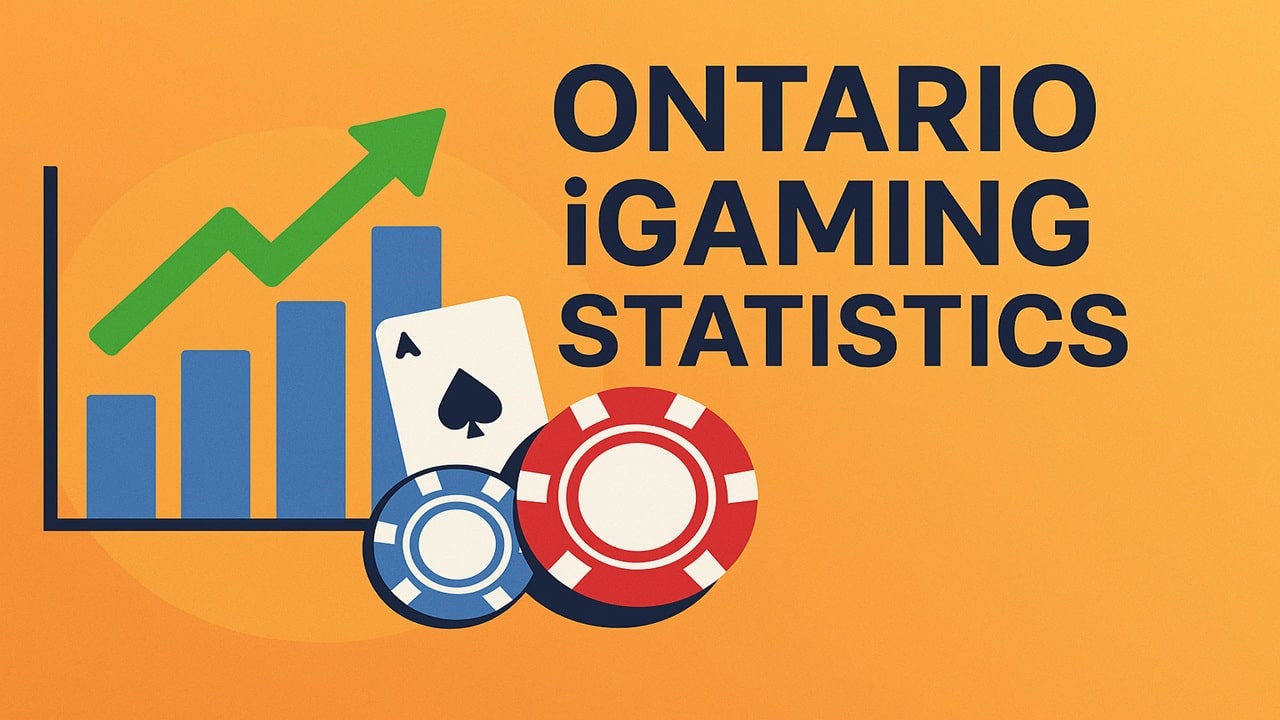
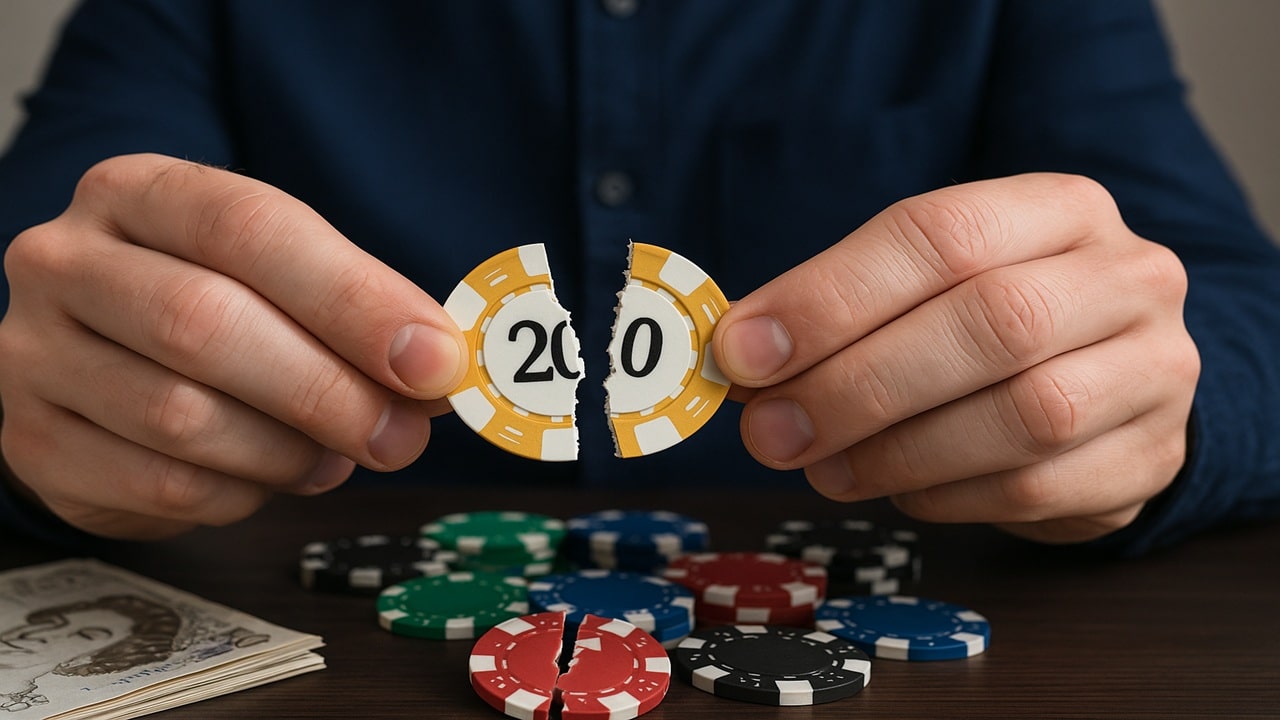




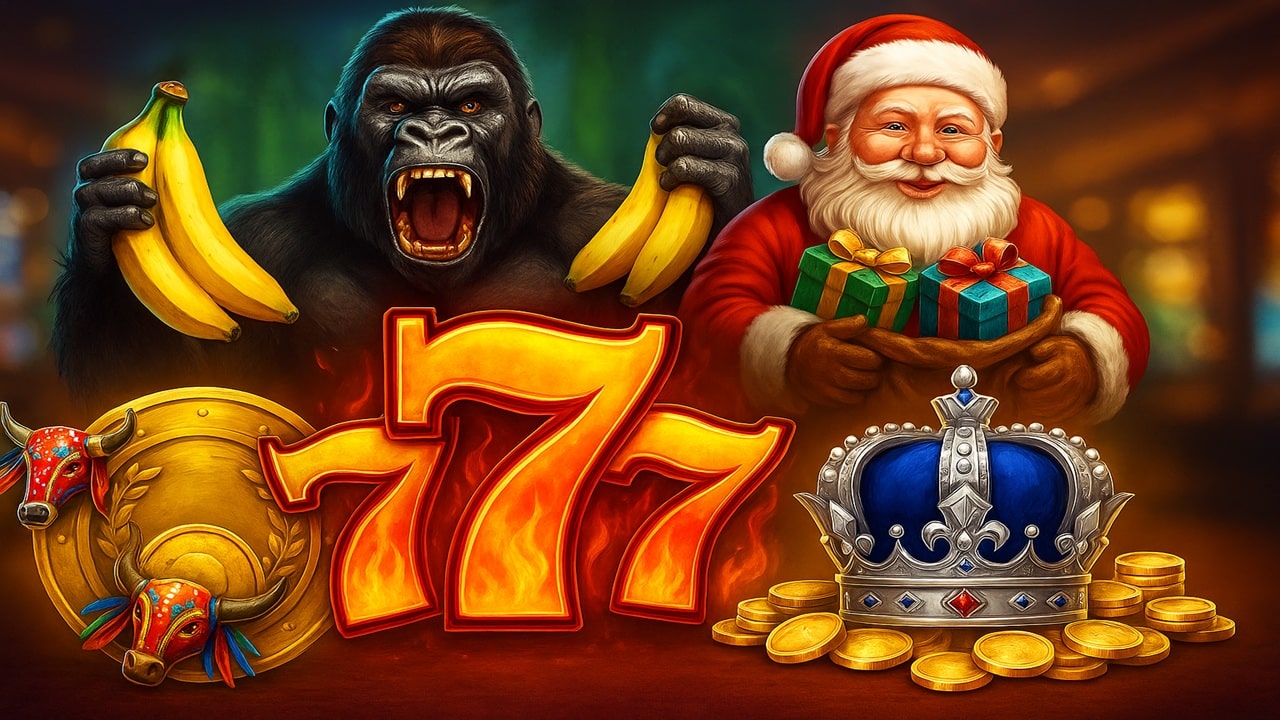
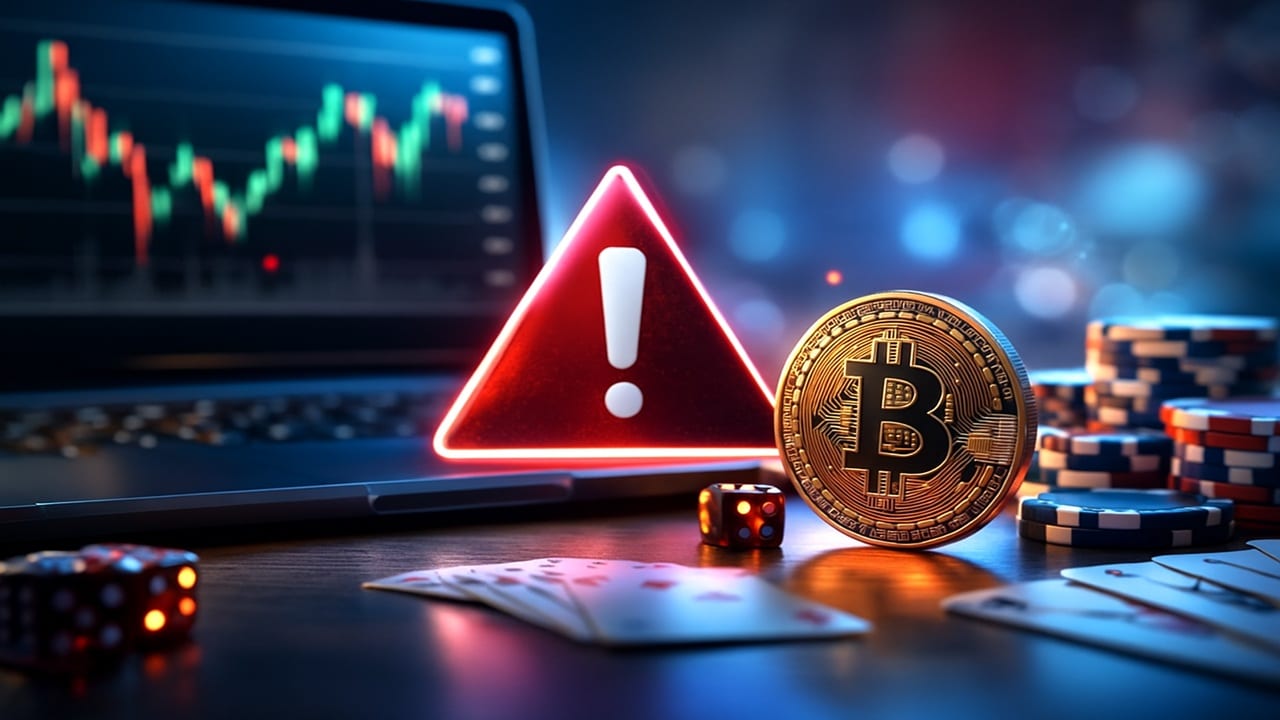
Leave A Comment